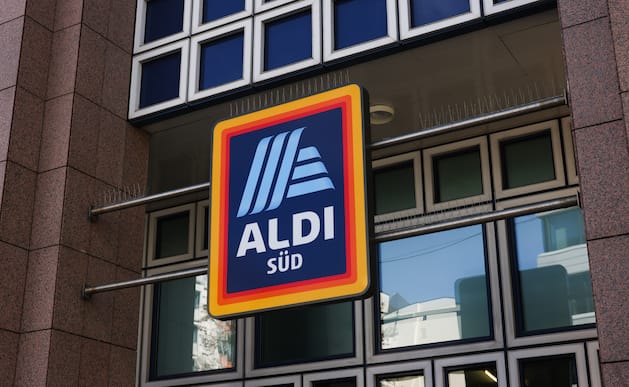The discounter Aldi Süd wants to adapt the recipes of its children’s products such as yoghurts, drinks or cereals to the guidelines of the World Health Organization (WHO) by the end of 2025. The company announced this on Wednesday at the request of the German Press Agency. The discounter is committed to conscious nutrition and promotes health and sustainability-conscious marketing to children.
The nutrient profiles of the WHO evaluate foods based on their nutritional composition, taking into account the proportions of fat, saturated fatty acids, sugar and salt, but also the calorie content, added sugars and added sweeteners. Only those products that are considered nutritionally balanced under this model should be marketed to children according to WHO recommendations. However, a study by the consumer organization Foodwatch in 2021 came to the conclusion that the majority of products advertised specifically for children contained too much sugar, fat and/or salt by WHO standards.
The sister company Aldi Nord announced that it is continuously working on revising the recipes in its range and is based, among other things, on the specifications of the WHO. The company has already significantly reduced the direct advertising of foods with unfavorable nutrient profiles to children and instead wants to promote the consumption of healthy foods such as fruit and vegetables.
The background: Aldi’s rival Lidl announced on Tuesday that it would “be the first German food retailer” to stop advertising unhealthy foods aimed at children – such as sugary yoghurts or drinks, but also chocolate – from March onwards. There should be exceptions for promotional items for Christmas, Easter or Halloween – for example for chocolate Santa Clauses or Easter bunnies. In addition, by the end of 2025, Lidl only wants to sell food that meets the WHO criteria for healthy food in packaging that is attractive to children.
The original for this post “What will soon change for children at Aldi” comes from chip.de.
